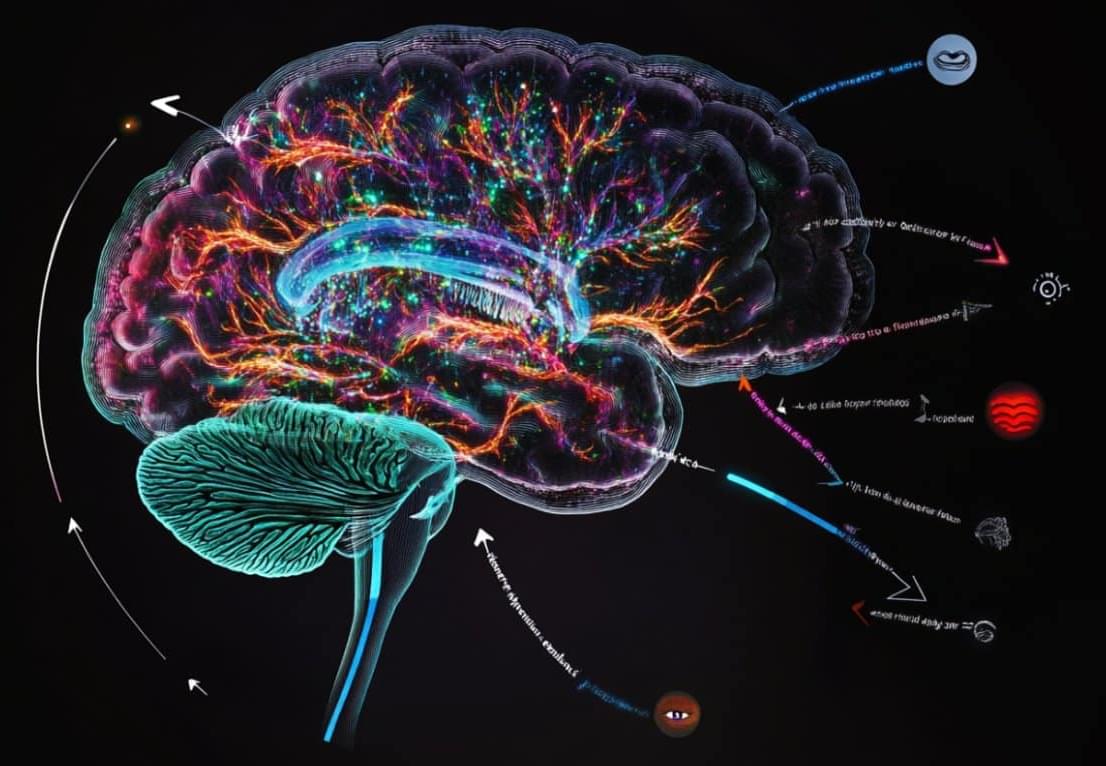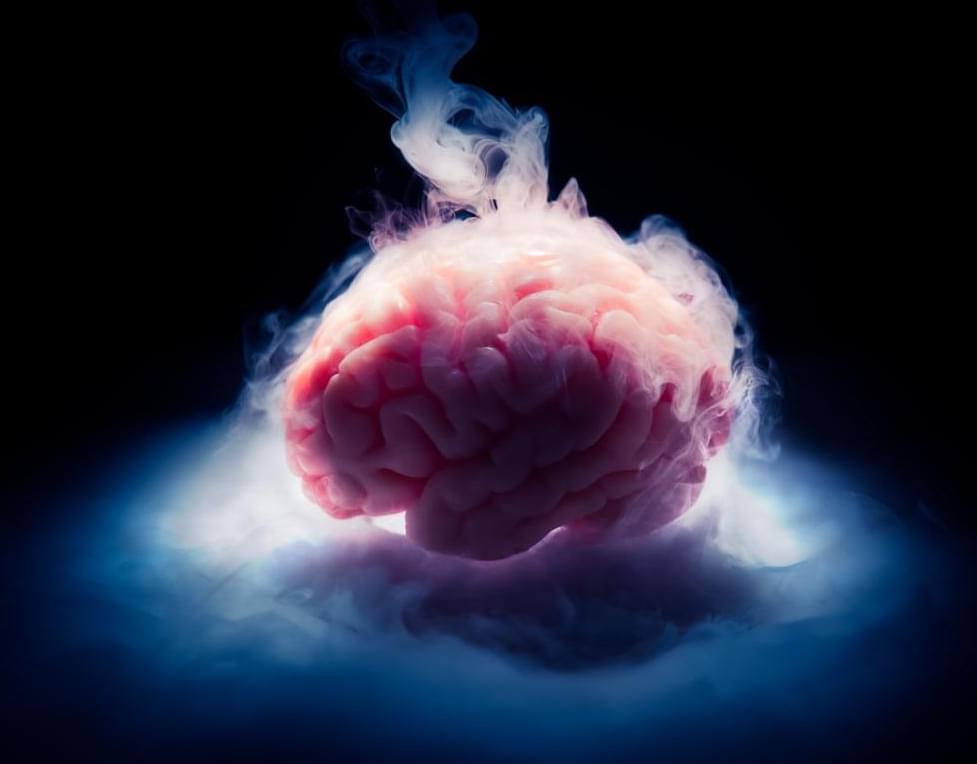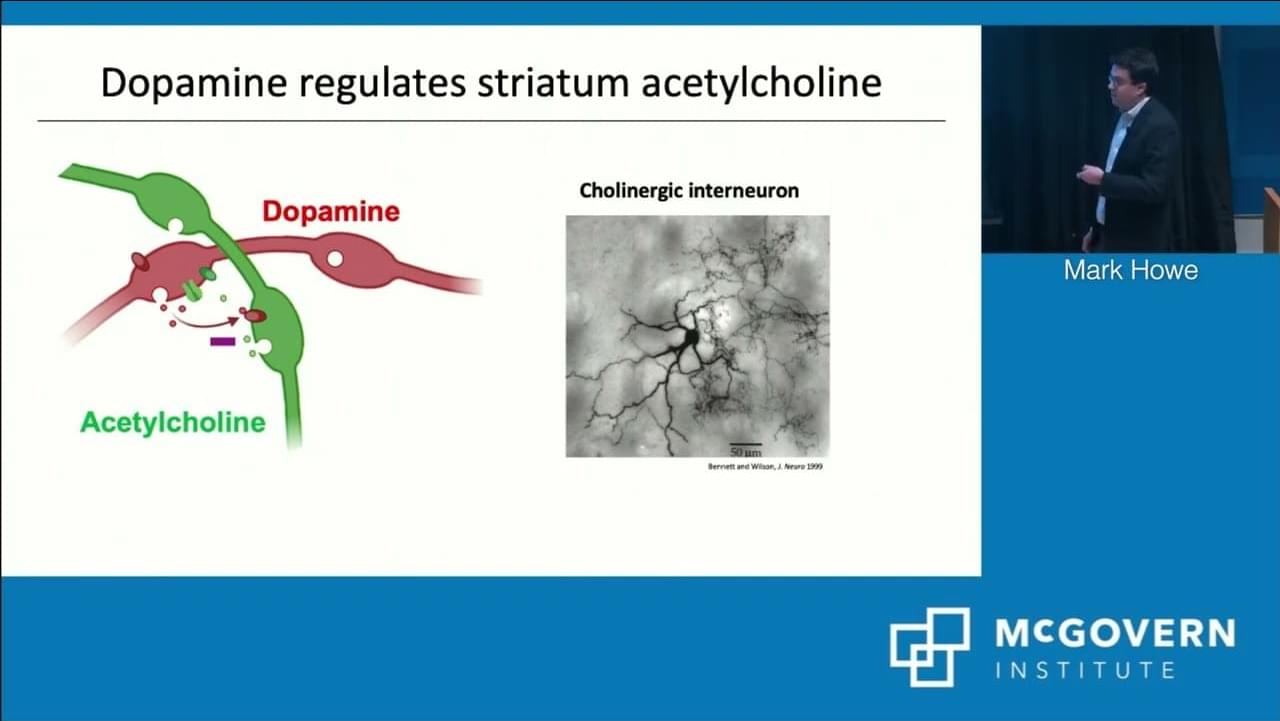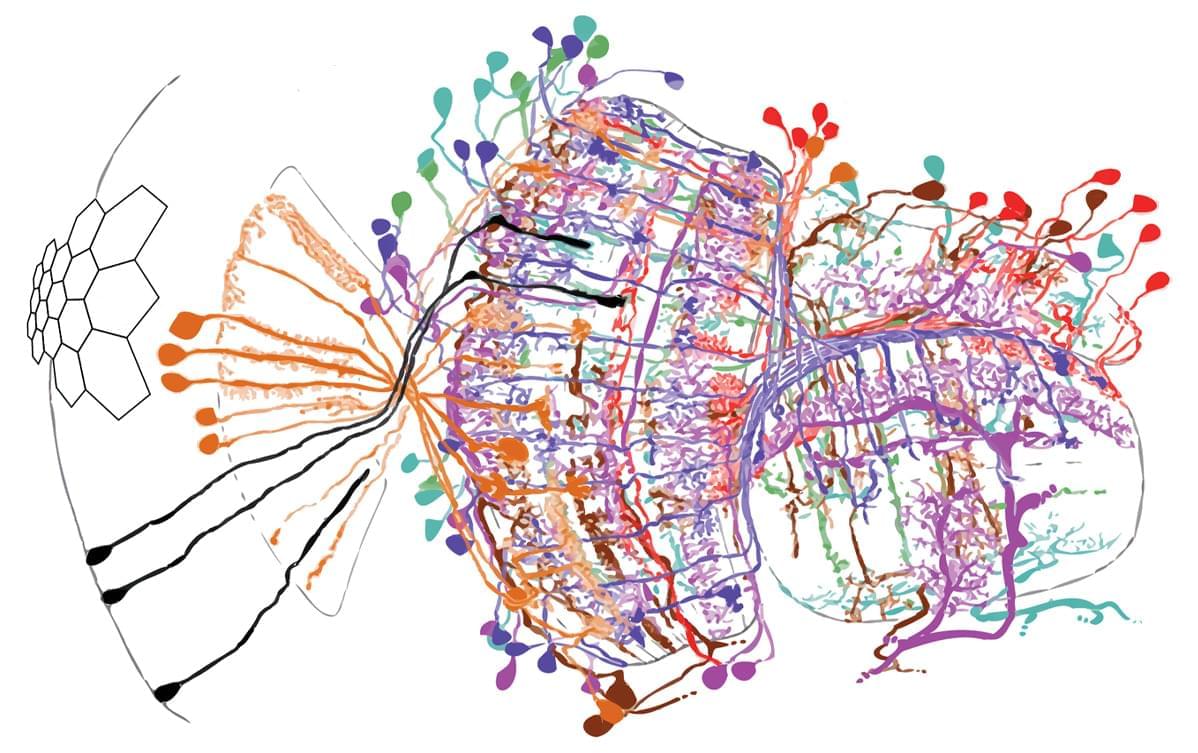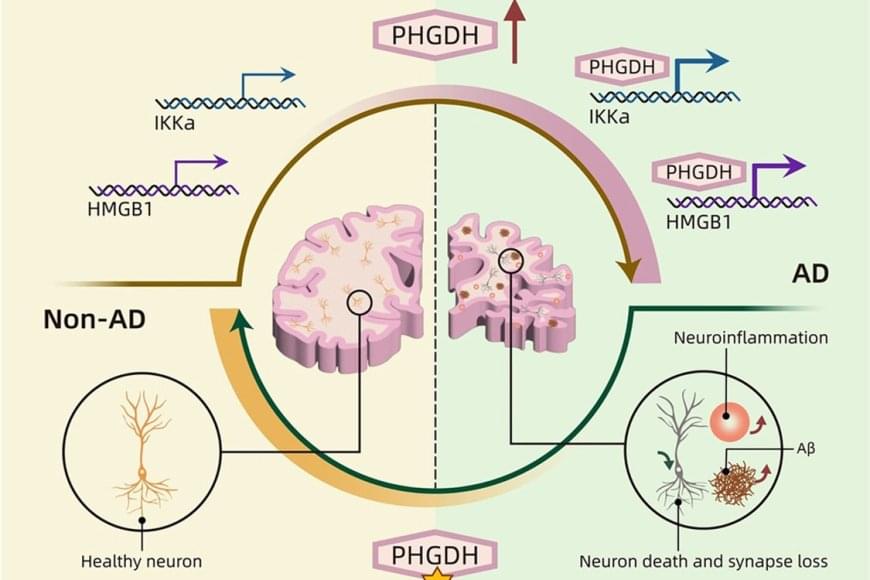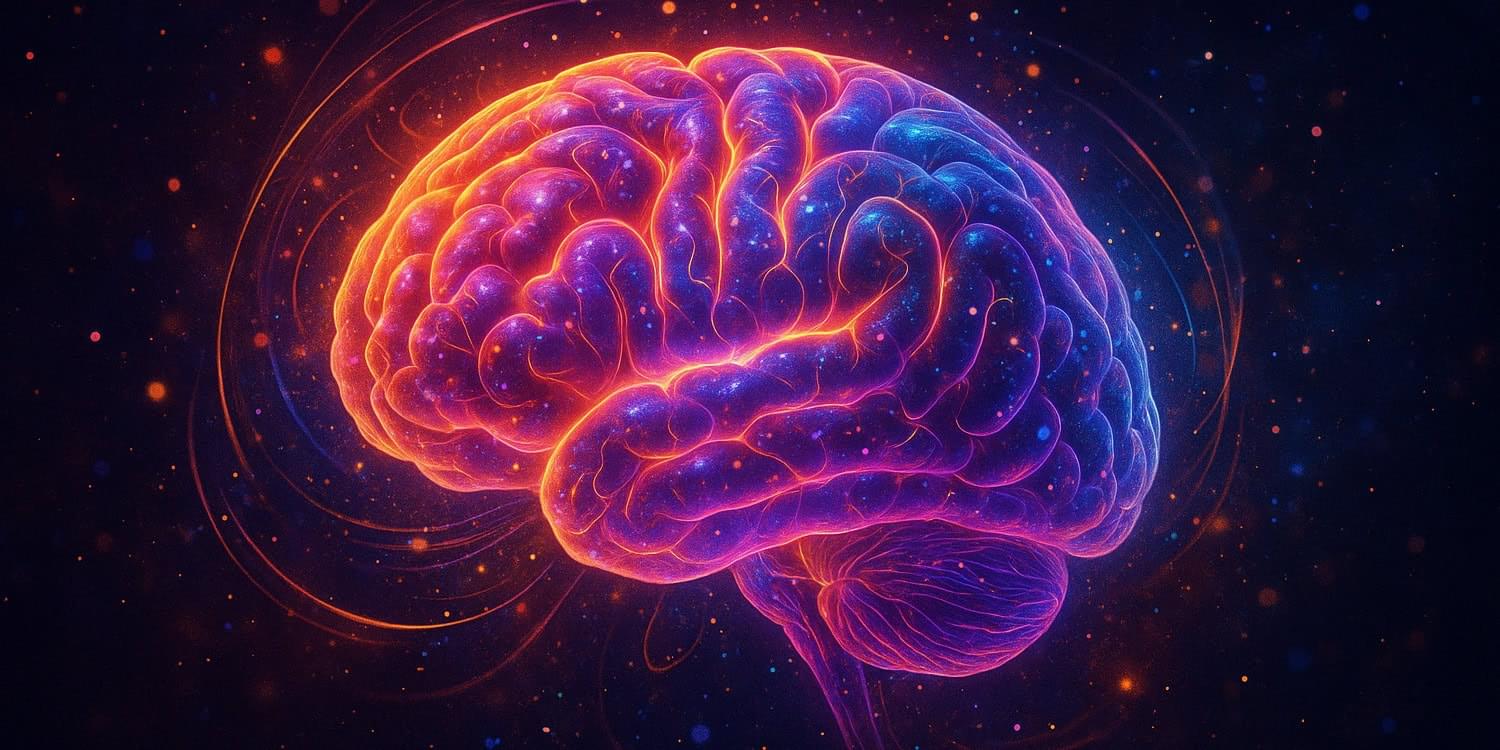The CL1 computer is the first in the world that combines human neurons with a silicon chip. It could be used in disease modeling and drug discovery before it expires after six months.
Category: neuroscience – Page 5
New research reveals that neurons in the visual cortex are far more adaptable than previously thought, responding dynamically to complex stimuli during object recognition tasks.
Alan Turing was a pioneer in the field of computer science. One of the things he is famous for is the Turing test. At its core, this is a test about whether or not a machine, a computer, can conv…
Two leading theories of consciousness went head-to-head—and the results may change how neuroscientists study one of the oldest questions about existence
Mark Howe (Graybiel Lab Alumni), Boston University.
“Probing Neuromodulator Signals for Learning and Action”
Talk was a part of the McGovern Institute’s 25th Anniversary Symposium.
With a complete fly connectome in hand, researchers are taking the next step to model how brain circuits fuel function.
Researchers identified a region of the thalamus that predicts and nullifies the effects of movement on visual perception, enabling precise representation of the world.
Insomnia, depression, and anxiety are the most common mental disorders. Treatments are often only moderately effective, with many people experiencing returning symptoms. This is why it is crucial to find new leads for treatments. Notably, these disorders overlap a lot, often occurring together. Could there be a shared brain mechanism behind this phenomenon?
Siemon de Lange, Elleke Tissink, and Eus van Someren, together with their colleagues from the Vrije Universiteit Amsterdam, investigated brain scans of more than 40,000 participants from the UK Biobank. The research is published in the journal Nature Mental Health.
Tissink says, “In our lab, we explore the similarities and differences between insomnia, anxiety, and depression. Everyone looks at this from a different perspective: some mainly look at genetics and in this study, we look at brain scans. What aspects are shared between the disorders, and what is unique to each one?”
Neuroscience continues to reveal how our brains respond to the world around us in unexpected and powerful ways.
David Chalmers in his book: Reality+: Virtual Worlds and the Problems of Philosophy, eventually gets around to addressing the 800-pound gorilla in the room for any discussion of the simulation hypothesis. Can consciousness itself be simulated, and if so, would the resulting entity be conscious?
